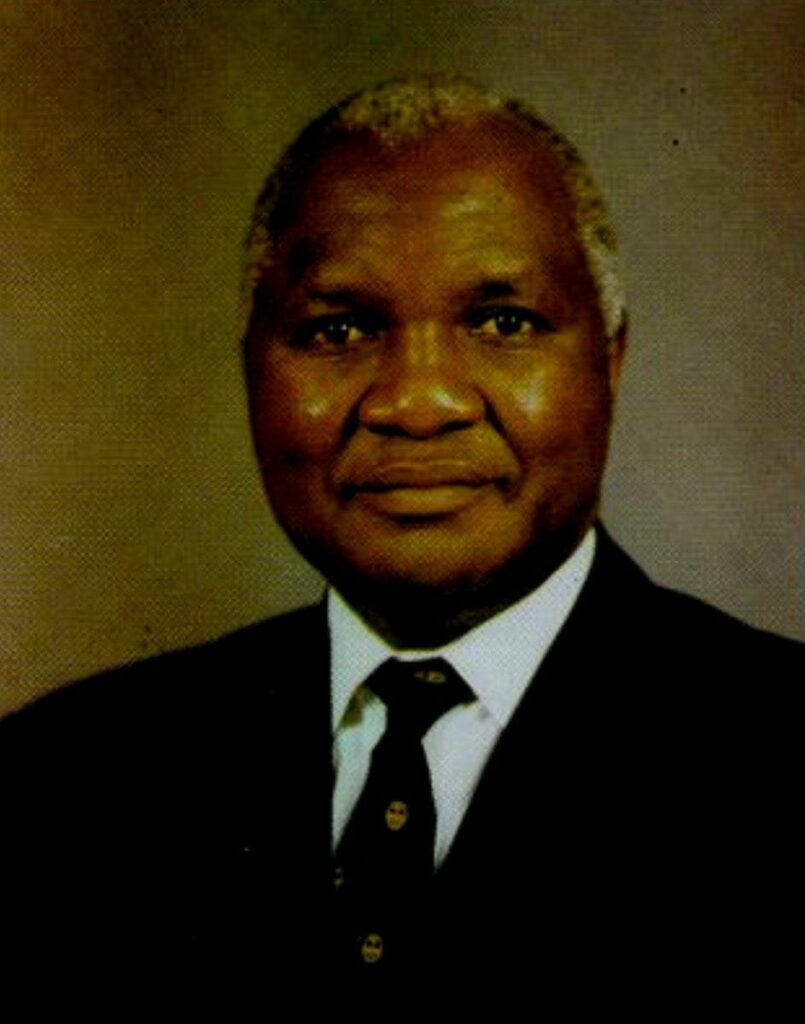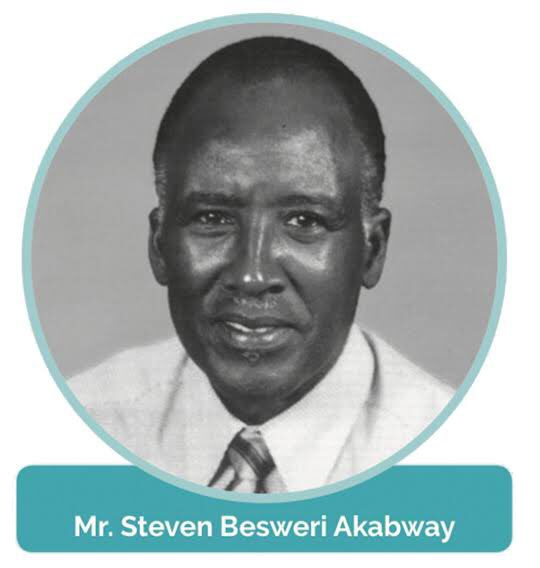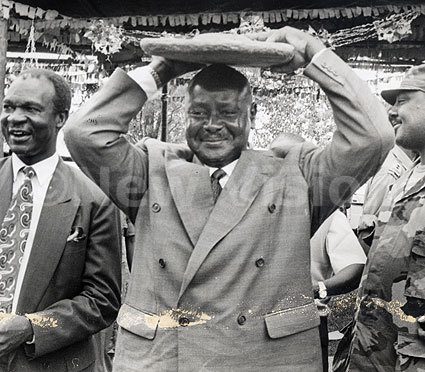The year 1996 that changed the geopolitics of this country into what we call a trajectory politics. as we rewind back the events of the election day It was Thursday, 9 May 1996. The excitement was all over Uganda. There’s hope. There’s jubilation. Today, Ugandans will elect a President of their choice in what promises to be a historic free and fair election.
It’s been ten short years of a transformative journey for Uganda. Until 1986, we were told, Uganda was a failed state, battered by 15 years of military coups and two brutal wars.

The second war climaxed with one group capturing power and installing a young Marxist revolutionary as President of Uganda. Repeatedly, he reminds us, he didn’t want to become a soldier or even President. Why did he pick up arms to fight?
He wanted to restore good governance, rule of law, respect for life and property. He wants Uganda to be a truly democratic country with power in the hands of the people.
Within ten years after 1986, a local government system is established across the country; a new Constitution is written and promulgated. Uganda is truly a model country. There’s reason to look to three future with hope. Ours is a new breed of leader the rest of Africa should learn from.
About the Constitution, he says it is the best in the world. It has all the safeguards against abuse of power and respects human rights. Never again will Ugandans be abused or killed by the state.
Forward we march to the future. No, to the polling stations.
Who are the candidates?
1. Kaguta Museveni Yoweri (yes, in that order!) who the incumbent and is still enjoying the political honeymoon ten years after his rebel army shot their way into power.
2. Ssemogerere Paul Kawanga, a veteran politician whose party – DP – was robbed of victory in the 1980 elections. In fact, it was the conduct of this election that forced Museveni to pick up arms. For at least nine years, Ssemogerere has served in Museveni’s cabinet holding different portfolios. But now he says Uganda needs a new start and trajectory. He wants to restore a multiparty political dispensation.

3. Mayanja Muhammed Kibirige, a little known political figure.
Museveni wastes no time reminding voters of the dark past of war, starvation and death. Milton Obote and Idi Amin Dada are the reason Ugandans have suffered a lot. Because of unprincipled leaders in charge of political parties, Uganda descended into the abyss from which only the NRM broad based leadership can pull it.
Voting Ssemogerere, he argues, means bringing back Obote. And bringing back Obote means war and death. National newspapers print images of human skulls still scattered in the bushes of Luwero to remind us of where we have come from.
As voting begins, the choice seems to be very clear, at least the way Museveni has framed it. It’s a choice between the hopeless past and a promising future. He’s the face of the future.
He’s been carrying a grinding stone, Orubengo throughout the campaigns to show Ugandans that he’s ready to carry the burden of taking the country forward.
Museveni’s manifesto projects a man on a mission. Some achievements have been made but there’s still much more to do. Appropriately, the title of his manifesto is “Tackling the Tasks Ahead”. In the manifesto, he has been using the term Okulembeka to explain his point of pulling people out of poverty.
It is a Luganda word for rainwater harvesting. The manifesto has this word translated into other major languages without changing the meaning and the context. Kulegya in Runyoro-Rutooro, Jolo pii in Luo, Aigaar nedo akipi in Ateso, Ozo yi Bazu in Lugbara among others.
His government is the rainwater, he argues. And there’s enough water therein. How much water one collects depends on how big their container is.
By early morning of Friday, 10 May 1996, Museveni takes an unassailable lead over his opponents. Later that evening, Steven Besweri Akabway, the Chairman of the Electoral Commission, declares Kaguta Museveni Yoweri as the winner of the presidential elections. The winner gets 4.4 million votes or 75% of the total votes cast. Ssemogerere gets 1.4 million votes or 23%. Mayanja comes a distant third with 2%.

Who is not celebrating? A country that was written off not long ago now has a new Constitution, a functional government, an enviable local government system and now an elected president.

In the region, only Tanzania scores better than us. Rwanda is emerging from a genocide. Burundi is still at war. The civil war in Sudan still rages on. Kenya is still stuck with KANU and Daniel arap Moi. We are the shining star. Aren’t we? Yes, there’s still war in Northern Uganda but, generally, the score card is beautiful. Many other rebel groups have been neutralized.
On Sunday, 12 May 1996, Museveni takes the presidential oath at Kololo Grounds. He carries Olubengo again, shortly after receiving the instruments of power.
In the coming month, on 27 June 1996, we will elect Members of Parliament – the 6th Parliament – and the local council leaders.
Uganda is truly back on the right political trajectory.
Dear Future, many must have said, here we come!
Today, 28 years later, I’m here seated alone, asking:
“What went wrong?”



